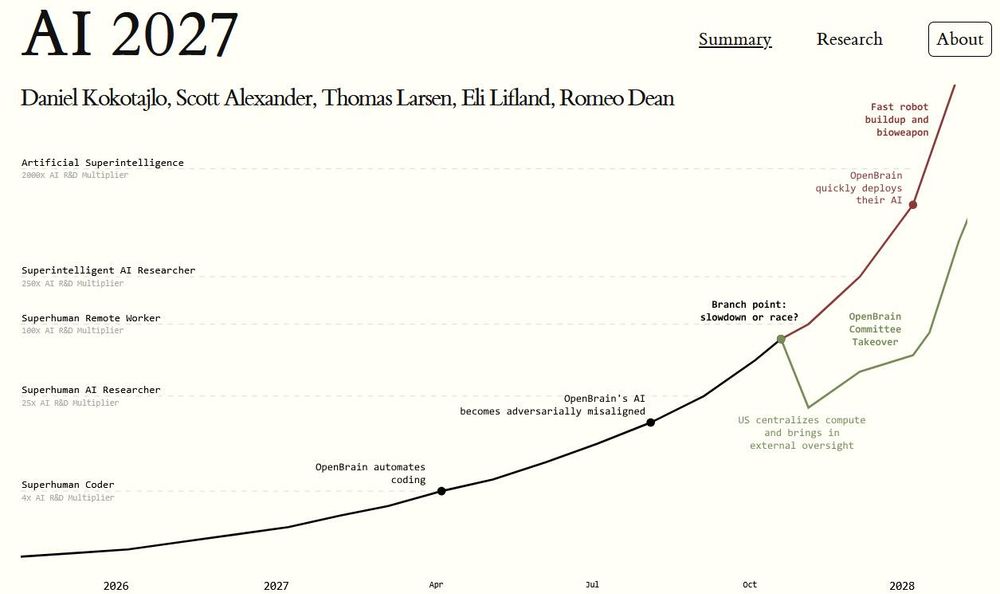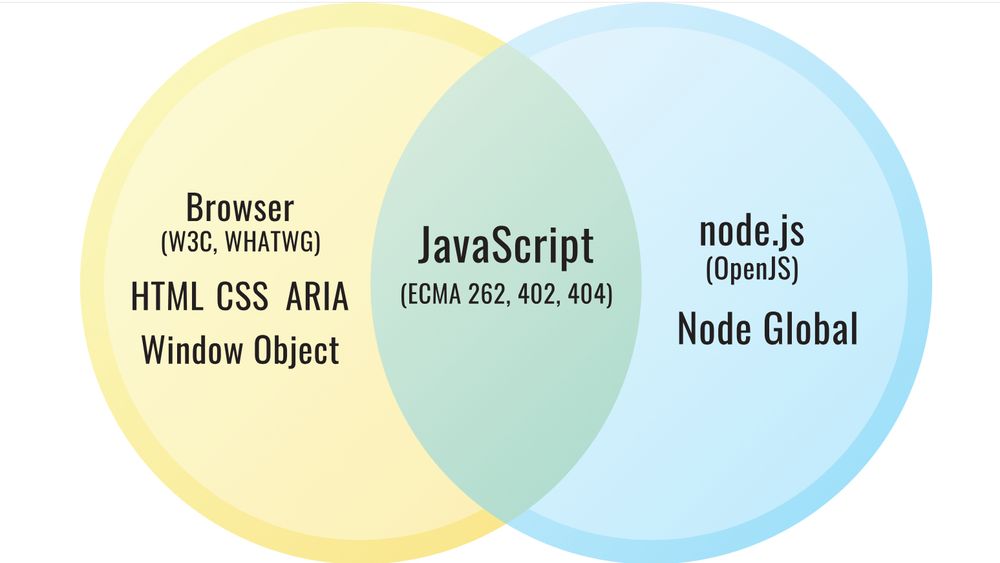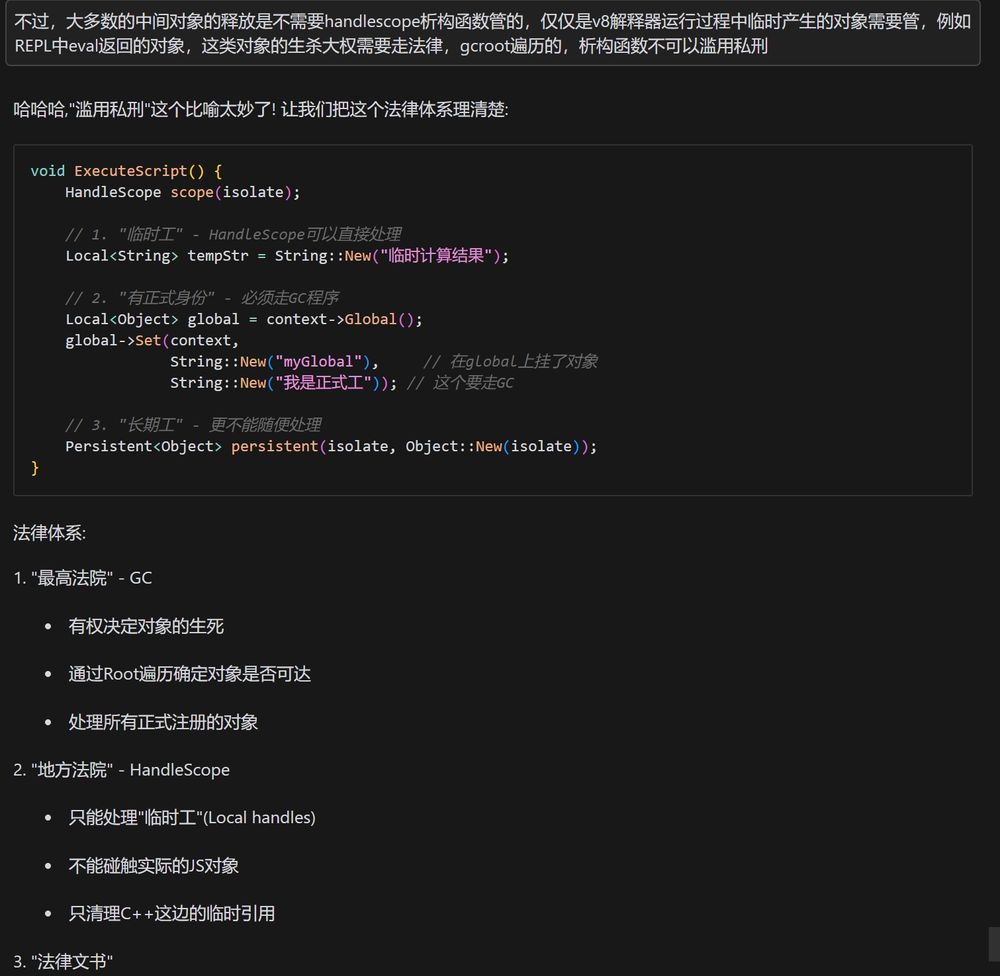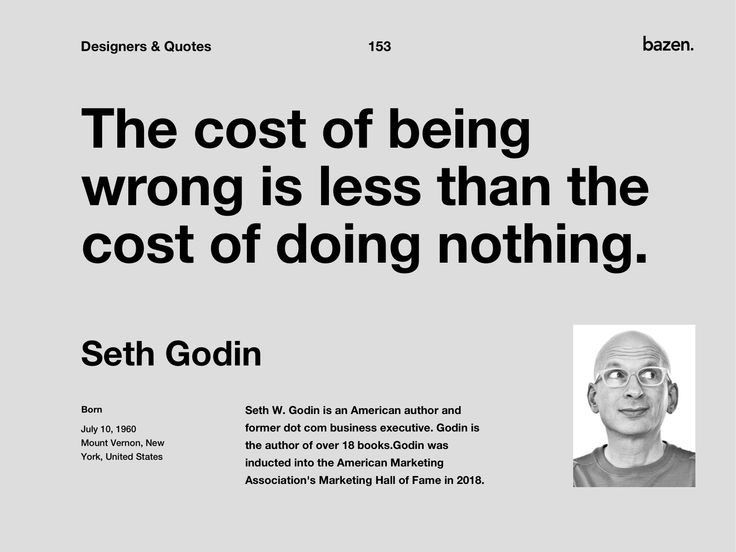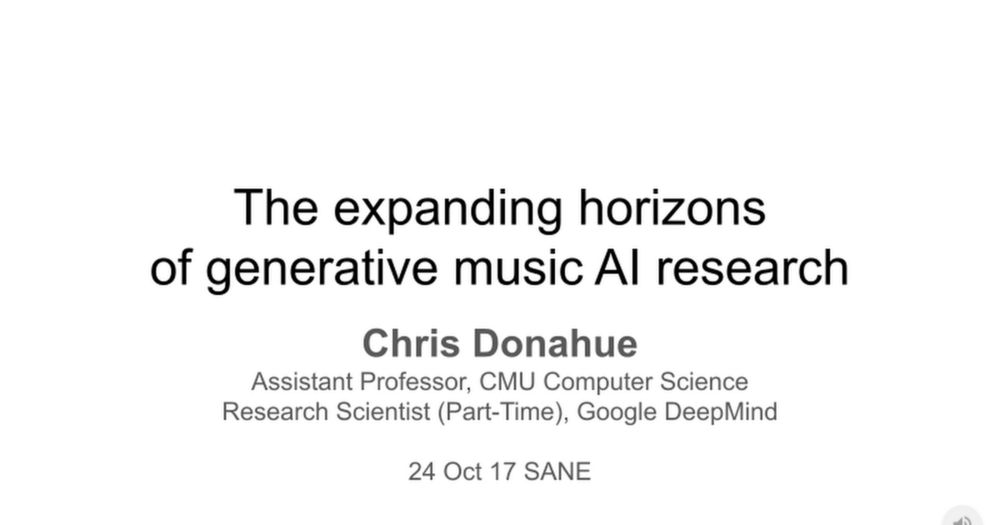1980s: Xerox invented GUI → Apple/MS commercialized it
1990s: SGI pioneered 3D → NVIDIA/AMD took over
2000s: Sun created JVM → Google/Amazon scaled it
2010s: Intel dominant ISA → ARM/RISCV eating it
2020s: Will OpenAI's AI breakthroughs follow the same path?
1980s: Xerox invented GUI → Apple/MS commercialized it
1990s: SGI pioneered 3D → NVIDIA/AMD took over
2000s: Sun created JVM → Google/Amazon scaled it
2010s: Intel dominant ISA → ARM/RISCV eating it
2020s: Will OpenAI's AI breakthroughs follow the same path?
1980s: Xerox invented GUI → Apple/MS commercialized it
1990s: SGI pioneered 3D → NVIDIA/AMD took over
2000s: Sun created JVM → Google/Amazon scaled it
2010s: Intel dominant ISA → ARM/RISCV eating it
2020s: Will OpenAI's AI breakthroughs follow the same path?
1990s: SGI pioneered 3D → NVIDIA/AMD took over
2000s: Sun created JVM → Google/Oracle scaled it
2010s: Will OpenAI's AI breakthroughs follow the same path?
1990s: SGI pioneered 3D → NVIDIA/AMD took over
2000s: Sun created JVM → Google/Oracle scaled it
2010s: Will OpenAI's AI breakthroughs follow the same path?
This is the only explanation that makes sense to me why companies still use LeetCode in interviews. (And I don't like it)
This is the only explanation that makes sense to me why companies still use LeetCode in interviews. (And I don't like it)
Native = Happy Users (UX)
React Native/Flutter = Trying to make both happy
The eternal trade-off in app development. 🤔
Native = Happy Users (UX)
React Native/Flutter = Trying to make both happy
The eternal trade-off in app development. 🤔
The longer you stay in your comfort zone, the more likely you'll discover phenomena that can't be explained within your current system. That's when you naturally step out - driven by curiosity, not forced discomfort.
The longer you stay in your comfort zone, the more likely you'll discover phenomena that can't be explained within your current system. That's when you naturally step out - driven by curiosity, not forced discomfort.


